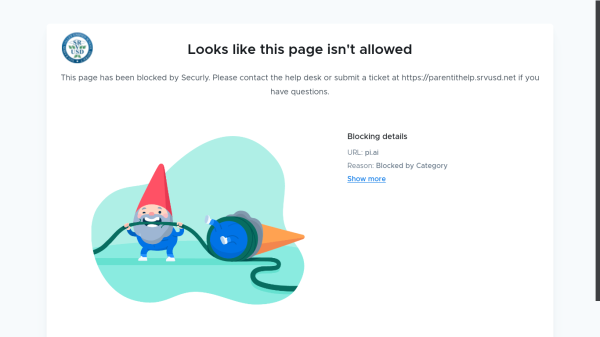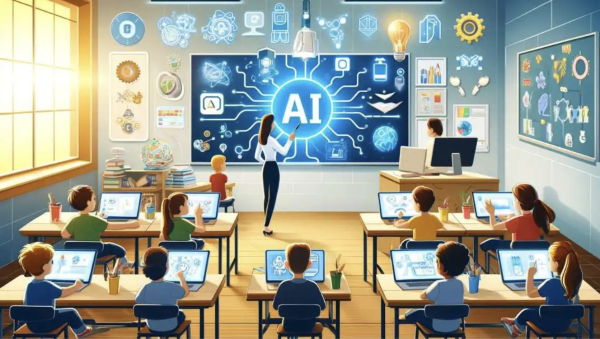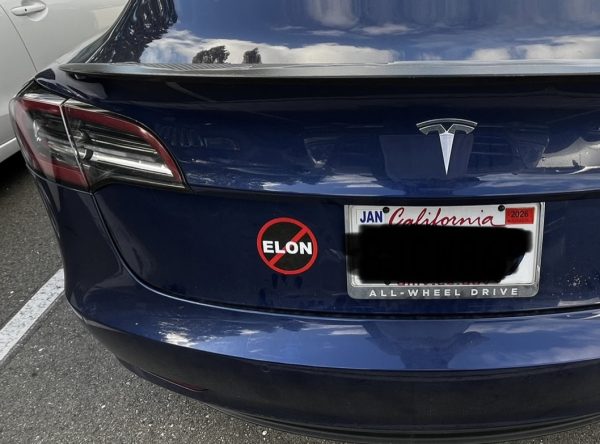The Ukraine connection
Ousted Ukrainian soldiers ceremonially fold their national flag prior to leaving a former Ukrainian Army Base in the Crimea.
Russia’s recent annexation of Crimea has caused uproar in the west. Opinions have ranged from a military response by NATO and the European Union to endorsement of President Vladimir Putin’s actions.
The Crimea that emerged from the Soviet Union shares remarkable similarities to the Crimea of today. Although it was still a part of the Ukraine, it maintained one of Russia’s largest naval bases. Furthermore, the region still primarily uses the Russian language.
To many the region still appeared to be Russian. Adding to this, stories had spread that the region had been given to the Ukraine during one of former Soviet leader Nikita Khrushchev’s drunken stupors. Furthermore, prior to the news coverage of the situation most Americans were unaware of where Crimea is. So how would a Ukrainian-American feel about the situation.
Monte Vista freshman Roman Kolisnichenko was born in Central Ukraine in 1998. Following his migration with his immediate family to California, Kolisnichenko still maintains close ties with his family in Central Ukraine.
Recent events in his home country caused The Stampede to reach out Kolisnichenko to get a rare inside look on the situation.
“Personally, I look at the situation with a very practical approach. The situation does not really apply to my family in the region,” said freshman Roman Kolesnichenko.
When it comes to the Crimea, Kolisnichenko for the most part doesn’t really care about what is happening. However, when it comes to the rest of the Ukraine, Kolisnichenko voices his strong opinions on the issue.
“When it comes to the topic of Russia annexing the rest of the Ukraine, sentiments become very mixed. The East of the country, where the ousted [Former President] Yanukovych is from, is very Pro-Russian. The West of the country is very Pro-European Union and to some degree NATO (North Atlantic Treaty Organization). The middle of the country is evenly mixed between the two sides. This means the country is basically split in two on the issue. Personally, I would not want to be part of Russia and I think most Ukrainians would not want to live under a Putin regime.”
Kolisnichenko is right. Since the separation of the Ukraine from the Soviet Union in 1991 the government in Kiev has become increasingly more Pro-Western. Recently the government began to move to join the European Union (EU) as well as agree to host the NATO War Games.
As per the norm in the Ukraine, these actions were met with reactions ranging from support to the threat of secession.
“I think that joining the EU would be probably be good for the Ukraine. The EU would offer a lot of new economic possibilities for the Ukraine. NATO, would not be a good idea. There isn’t support from most NATO countries and especially, because Russia would do everything in its power to prevent this from happening. Russia would basically try to make the lives of all Ukrainians miserable to prevent the country from joining NATO.”
NATO, an American led organization, has made statements in the past regarding a possible move to include the Ukraine in the group. This in turn has caused wide ranging discussions within the U.S. on the topic, as well souring U.S.-Russian relations.
With all of these different factors contributing to a crisis in the Ukraine, is there really a perfect solution to the situation?
“I don’t really ever think there is ever a perfect solution to anything and when it comes to the Ukraine and Crimea I think this could become the next “big thing” in relations between Russia and the United States. Hopefully not a war,” Kolesnichenko said.
Kolisnichenko evokes the fears of many regarding a possible second coming of the Cold War. Recently relations between the U.S. and Moscow have been at an all-time low, with political rhetoric being drummed up in both countries.
Dmitry Kiselyov, an anchor on the prominent Russian news channel Rossiya 1 took to the air to voice his opinion regarding the possibility of a war with the United States.
“Russia is the only country with capability to turn U.S. into radioactive ashes,” Kiselyov said.
It seems that after twenty years, the Crisis in Ukraine has once again put the prospect of Nuclear Armageddon on the table.







